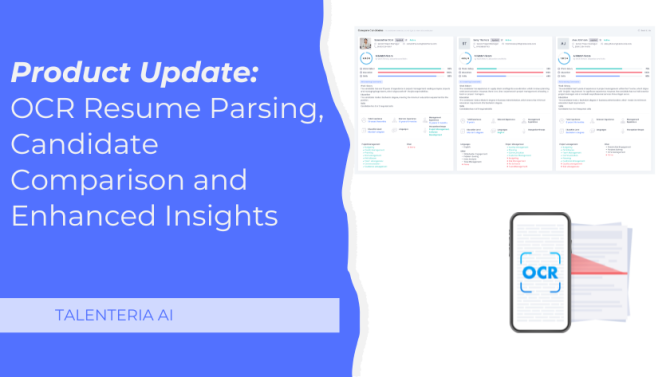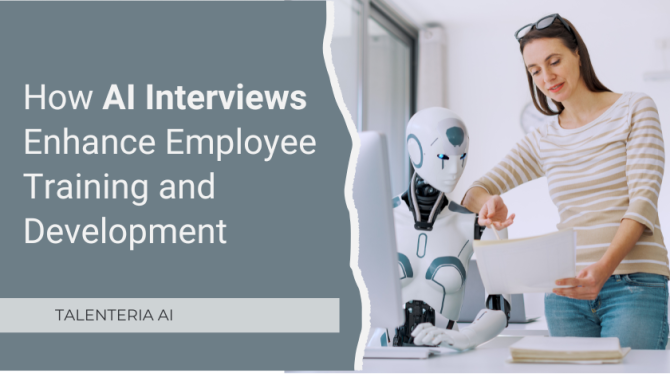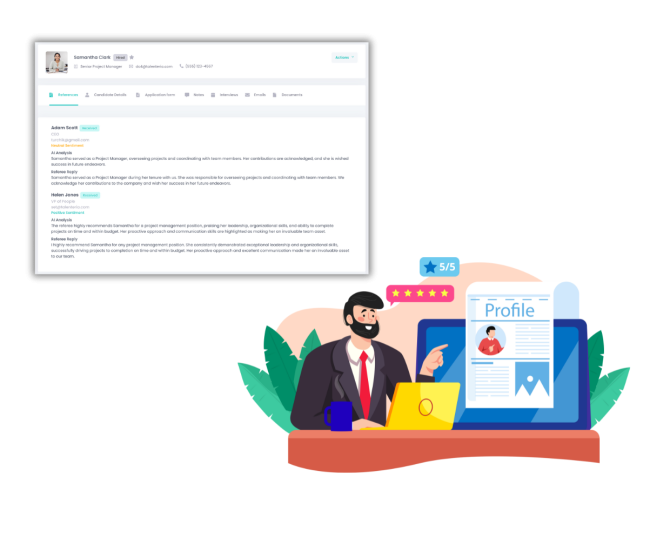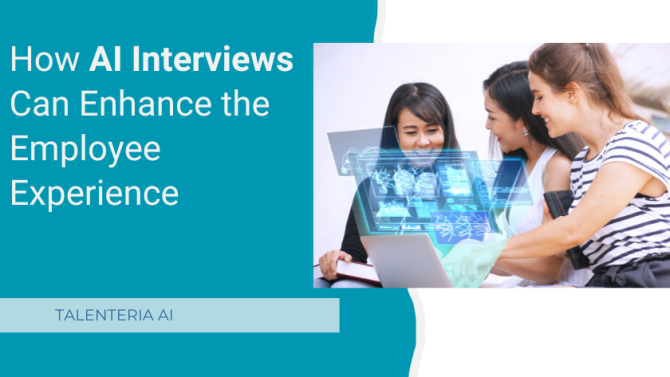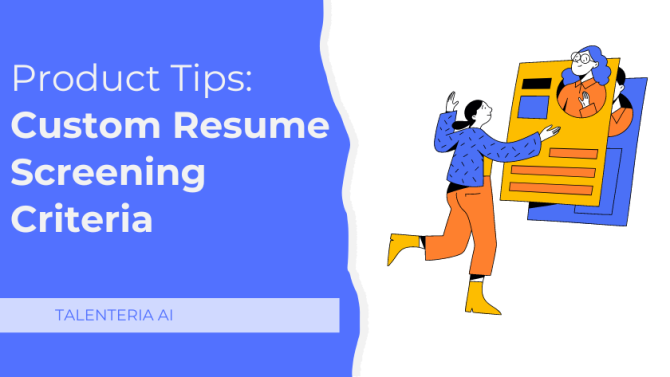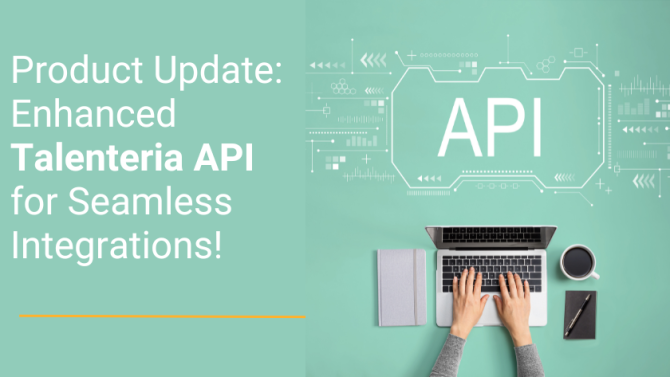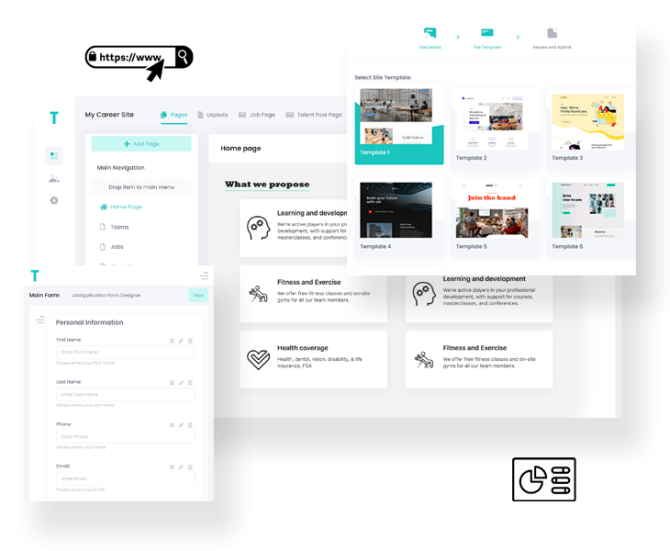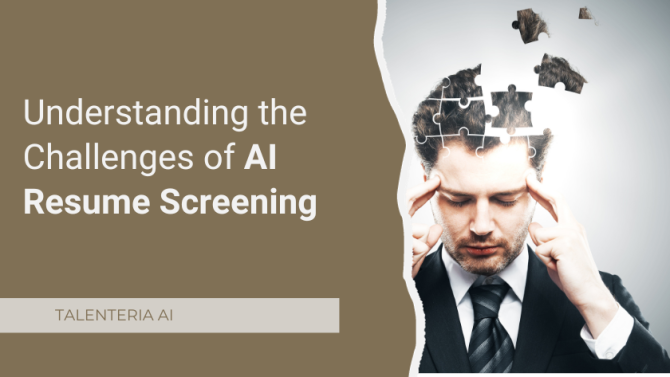
The Main Challenges with AI Resume Screening Technology
In today's digital age, companies are constantly looking for ways to optimize the recruitment process. One method that has gained immense popularity is the use of AI Resume Screening with the assistance of tools like resume parsers. While this technology promises efficiency and objectivity, it comes with its own set of challenges. In this article, we’ll delve into the key challenges surrounding AI Resume Screening and the implications of using resume parser technology.
1. Over-Reliance on Keywords
Many AI Resume Screening tools primarily function by scanning for specific keywords relevant to the job description. However, this can inadvertently sideline candidates who might have relevant experience but use different terminologies or phrasing in their resumes.
2. Inaccuracies in Resume Parsing
Resume Parsers are designed to extract information from various resume formats. However, with the myriad ways in which people design and structure their resumes, even the best parsers can make errors. Inaccurate parsing can lead to relevant information being disregarded or misinterpreted.
3. Bias in Algorithms
One of the major criticisms of AI and machine learning technologies is the potential for perpetuating existing biases. If an AI Resume Screening tool is trained on biased data (for example, data from a company that historically favored a particular demographic), it may perpetuate these biases in its screening processes.
4. Misconnection of AI criteria with the job description
Different roles have unique requirements. Your AI Resume Screening should match candidates with all the job details. This ensures that you're evaluating candidates on the most relevant criteria.
5. Technical Limitations
No technology is perfect. A Resume Parser might struggle with complex layouts, multiple columns, unconventional formats, or even non-standard fonts. Candidates using unique resume designs might find their applications not being parsed correctly, putting them at a disadvantage.
6. Legal and Ethical Concerns
There are growing concerns about the use of AI in hiring regarding privacy, discrimination, and transparency. Regulatory bodies in various countries are taking note and may impose rules or guidelines that companies need to follow.
7. Overemphasis on Quantifiable Metrics
While certain roles may require specific qualifications or years of experience, not every role can be judged solely on quantifiable metrics. AI systems, by their very nature, rely on quantifiable data, which can sometimes mean a talented candidate who lacks a specific metric might be overlooked.
8. Adapting to the Changing Nature of Resumes
With the rise of digital portfolios, LinkedIn profiles, and personal websites, the traditional resume is continuously evolving. AI systems will need to be nimble and adaptable to cater to these changes.
9. Potential for Gaming the System
As job seekers become more aware of how AI Resume Screening works, there's a possibility that some might try to 'game' the system by stuffing their resumes with keywords, even if they aren't entirely relevant.
Conclusion: AI Resume Screening, aided by tools like Resume Parsers, is revolutionizing the recruitment process. However, companies should be aware of its limitations and challenges. The key is to strike a balance: use AI to streamline and enhance the process but retain the human touch to ensure fairness, accuracy, and a comprehensive evaluation of candidates.
